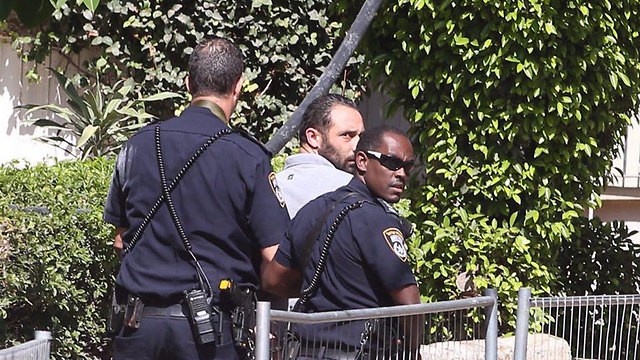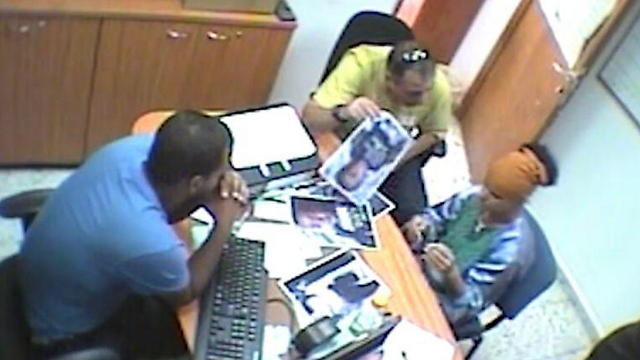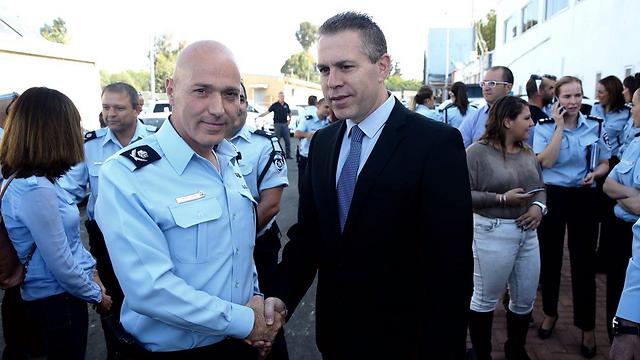
Israel prepares Miranda rights bill
For the first time, a bill specifying the rights and obligations of suspects and police has been drafted and will be submitted for government approval next week; the proposed bill deals with the right to avoid self-incrimination, the right to silence and the right to counsel.
The proposed bill—which deals with the right to avoid self-incrimination, the right to silence and the right to counsel—will be submitted for government approval next week.
The "Suspect Interrogation Law" and its corresponding regulations specify for the first time the rights and obligations of suspects and police. The law was drafted following conclusions drawn from a public committee headed by President of the Supreme Court, Miriam Naor.
The new wording states that "before an interrogation of a suspect, an officer will be required to clearly state to the suspect—to the extent possible under the circumstances—the main facts concerning the allegations against the suspect along with general rights to avoid self-incrimination: 'You have the right to remain silent. Anything you say will be documented and used as evidence in court, but know that the court can take your silence into account. It is your right to consult with an attorney before your interrogation, subject to the restrictions prescribed by law, and it is your right to consult with a public defender if you are entitled under the law.'"
However, the obligation to read a suspect his rights does not apply to a suspect detained on the spot if it risks impeding the prevention of a crime or provides the suspect with the opportunity to conceal evidence. Officers are also not obligated to do so in the event that it may prevent the possibility of obtaining evidence or lead to the prevention of locating other suspects in a given crime.
The right to remain silent however, is potentially a double-edged sword given that the refusal to cooperate itself can be used against a suspect in court when evaluating witness credibility.
Another issue which the committee recommended anchoring in law concerns the obligation of a witness and suspect to face interrogation and be present for it.
Regulations stipulate that suspects have the right, inter ailia, to sleep, food and drink, breaks during interrogations, communication with loved ones, religious observance.
While another regulation stipulates that interrogations are not to exceed six hours, there are exceptional cases, but documentation must be provided accounting for the why the interrogation continued for longer than the legally prescribed time.
It has also been proposed to set strict conditions for ordering a person who may have knowledge about a crime or intends to commit one, to appear for questioning.













